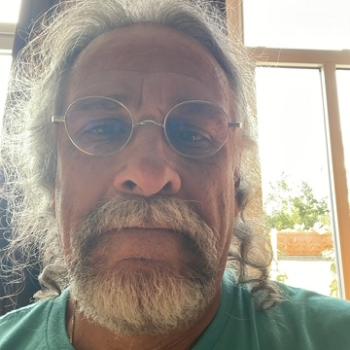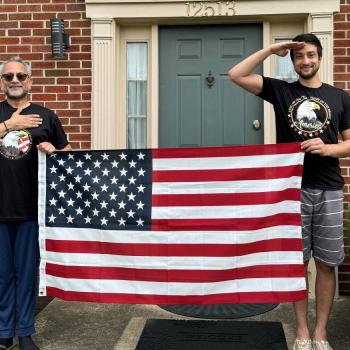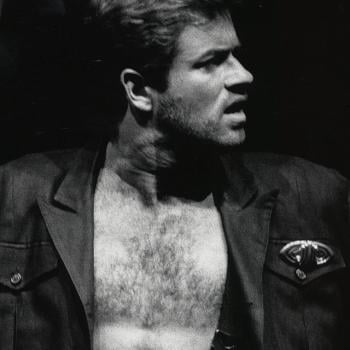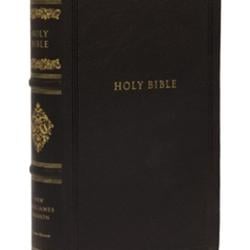 |
| Normandy American Cemetery, photo by Maurice |
What have you been feeling over the past several days? What parts of your heart have been touched by the stories of survivors, victims, first responders, leaders, family members, and countless millions who cried ten years ago? The human heart is bottomless, and in our better moments we scrape just underneath its surface with our theology (or atheism). But in its depths are truths that rivet us. "The heart has its reasons which reason can never know," wrote Blaise Pascal.
There is something of God in our ability to remember the dead. Memory serves very little evolutionary purpose, save perhaps the function of knowing which species might prove a danger to human life. But memory of the dead is of an altogether different category, and is the most ancient and yet still most contemporary dimension of our religious imagination: that is, the root of our wondering about the meaning of life, the possibility of life after death, and the possibility that there are good and evil in the world.
Something in us rebels at the notion of meaningless death. "Your son died. It was unfair. Move on." No sane person could accept such a sentiment; we crave the knowledge that our loved ones' lives meant something. Grief is an unwilled process by which we seek to recalibrate the metrics of the heart. Without memory, we could have no fear of death and no particular feeling for the living: we would be bereft of our humanity.
Some of the most ancient human remains come from burial sites, and today still many of our most sacred places (examples here, here, and here) recall the dead. Why? One could argue that such places have served the evolutionary purpose of creating cultural taboos around certain groups (enemies). But what about memories of those who have died naturally? What about the elaborate mechanisms for remembering the dead in so many of the world's religious traditions? Why, in short, do people not only remember the dead, but develop entire systems of belief upon the memory of the dead?
A simple answer, I think, is because we have the lingering sense that death is God's doorway. It is no surprise that ancient cultures very far apart from one another, from China to Egypt to the Americas, all developed elaborate rituals of burial of the dead. Remembering the dead helps shape our lives. It helps us recognize what is most important and what is illusory, what we are willing to give our lives for and what is passing in importance. Memory of the dead is very close to fear of death: both are rooted in love, the root of which is, for all of us, a mystery.
The author of the first letter of John offered the most compelling description of God as love. In remembering the dead, what calls to us is the permanent disfigurement of our happiness because of the loss of the object of our love. Yet at the same time it reminds us of the persistence of hope. As I listened to the wives, husbands, children, fathers, mothers, and friends of those who died ten years ago, reading the names of their beloved dead at Ground Zero, I heard testimonies to both pain and hope. The wounds are as fresh today as they were then, but so too is the conviction that "my (Dad, Mom, son, daughter, friend) is still with us today, watching over us."
Remembering the dead is itself an act of faith that calls to us from the unnamed reaches of the heart where God dwells. We go there not to understand, but to feel: and in the feeling is the whisper of the God who is love. In remembering, we feel the pain, but we would never reject going back, because the pain itself expresses our longing for God. At its best, our religious practice assuages that pain, in order that we might emerge from our grief with the conviction that others in the world need the creativity of our love. How beautiful is the coexistence of pain and love, and how hopeful a world in which we believe in a God who can reconcile these two feelings because he is present in both of them, leading us through them to a better life.
9/12/2011 4:00:00 AM





